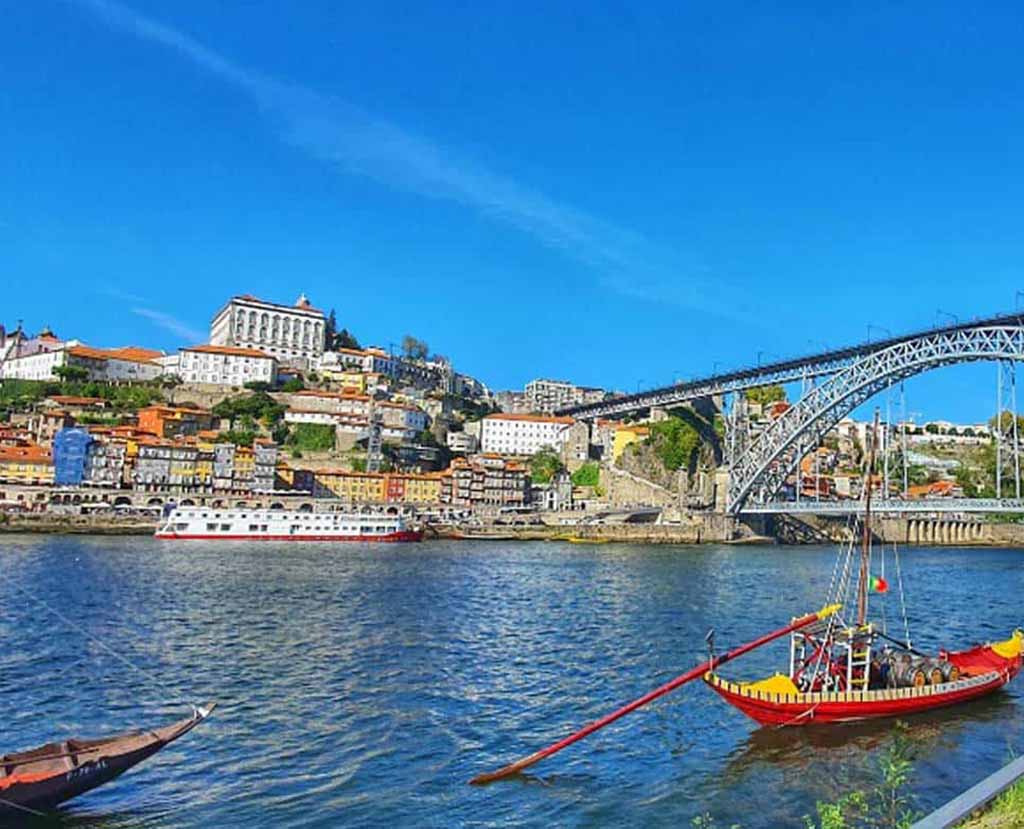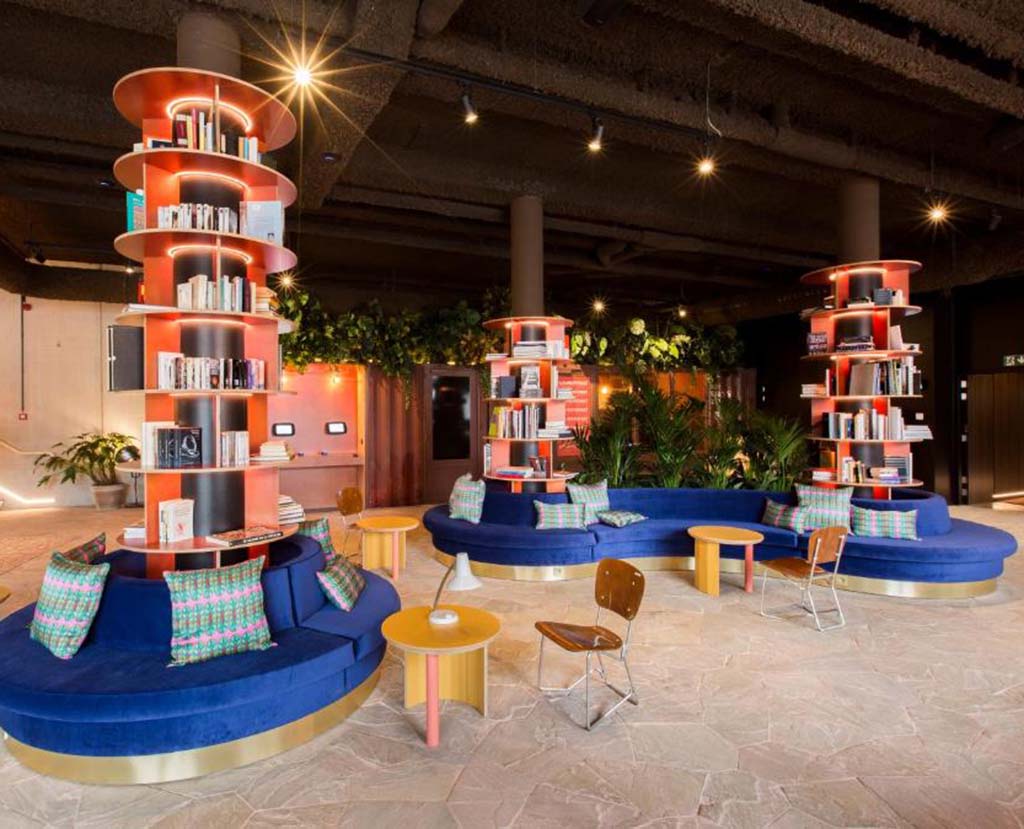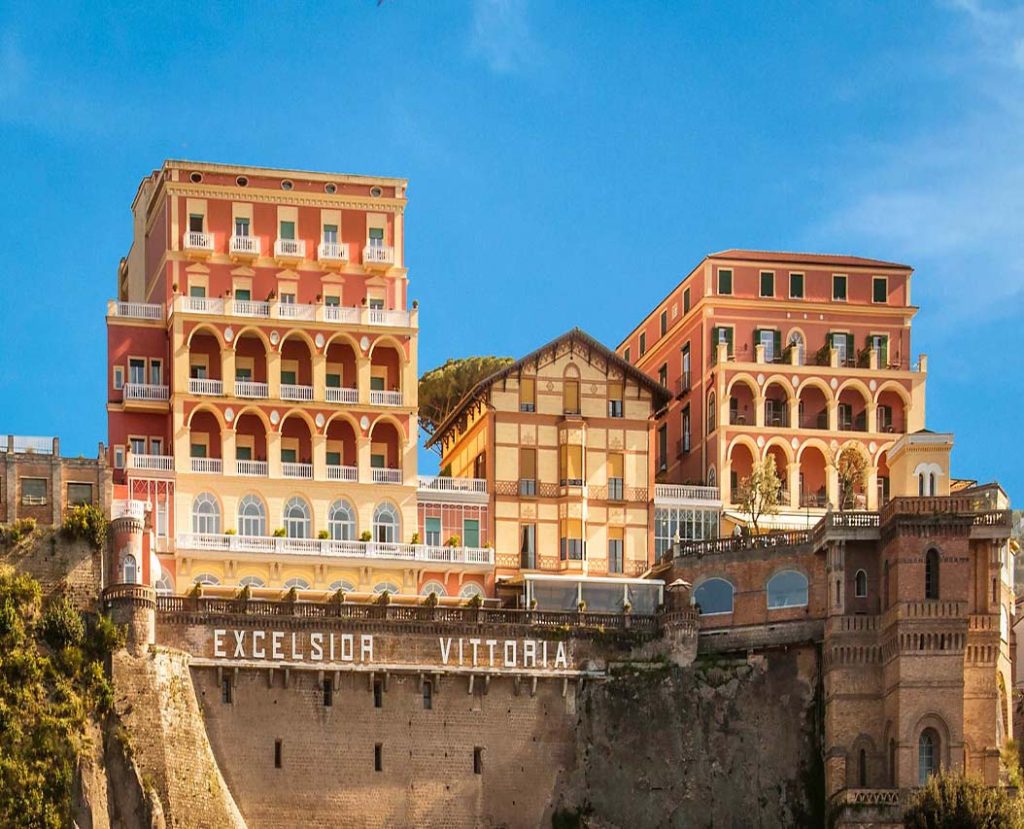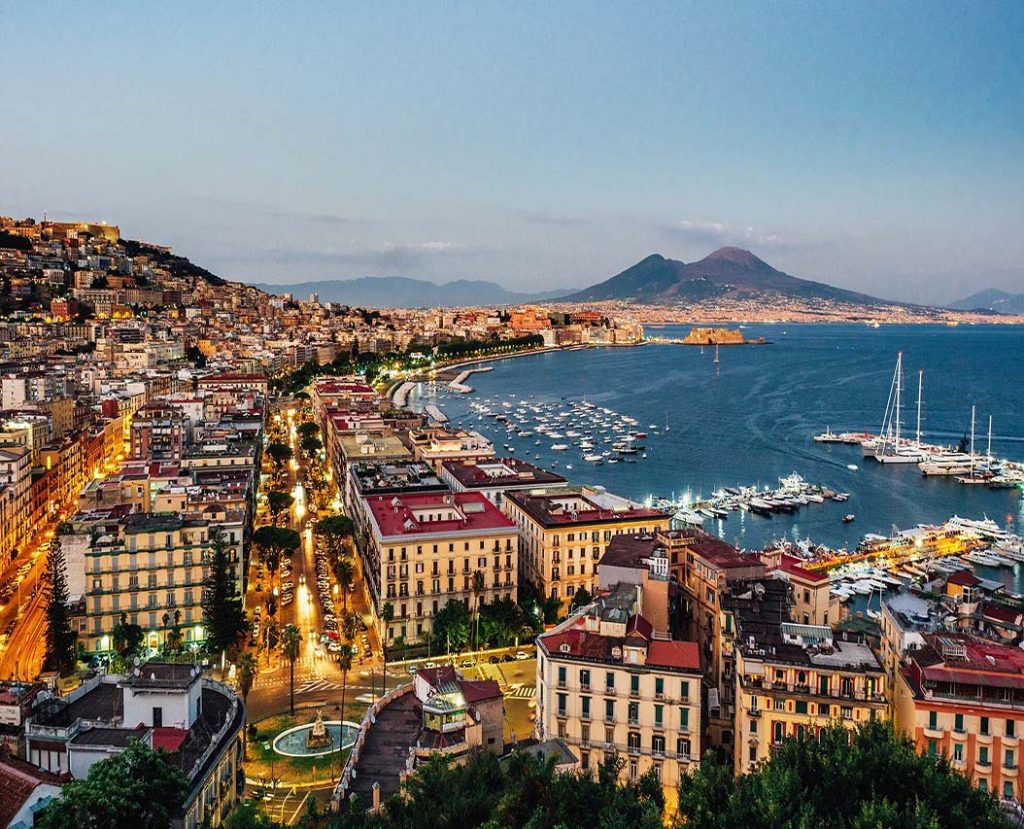As one of the most charming cities in Portugal, Porto is not only famous for its charming red wine culture, ancient neighborhoods and romantic Douro River scenery, but also for its accommodation experience that combines historical heritage with modern atmosphere, making it a “must-stay city” in the hearts of countless travelers.
However, among the dazzling array of accommodation options, many platforms frequently use eye-catching words such as “limited time special offer”, “only 1 room left”, and “promotional price”, creating a sense of urgency of “if you don’t book now, it will be gone”.
Does this kind of seemingly tempting information really represent the lowest price and the most cost-effective? Or is it a marketing routine carefully set up by the merchant? Learning to identify these “superficial discounts” before booking is the first step to avoid wasting money and improve the accommodation experience.
1. The marketing logic behind the promotion: where does the price game come from?
The “standard price” of the hotel is actually floating
Most travelers think they have picked up a bargain when they see the slogan “original price 250 euros, current price only 129 euros”. However, the “original price” on many platforms is often an artificially high reference price, not the real room price. Some hotels have never even sold rooms at the so-called “original price”, but have been operating at a discount price for a long time, using the virtual original price to create a price advantage.
Limited time offer = normal price?
In a highly competitive tourist city like Porto, many hotels and platforms have long been using the slogan “only today”, but in fact this price has existed for a long time, and is even lower in the off-season. Travelers can easily mistakenly think that this is a deal not to be missed without comparing prices.
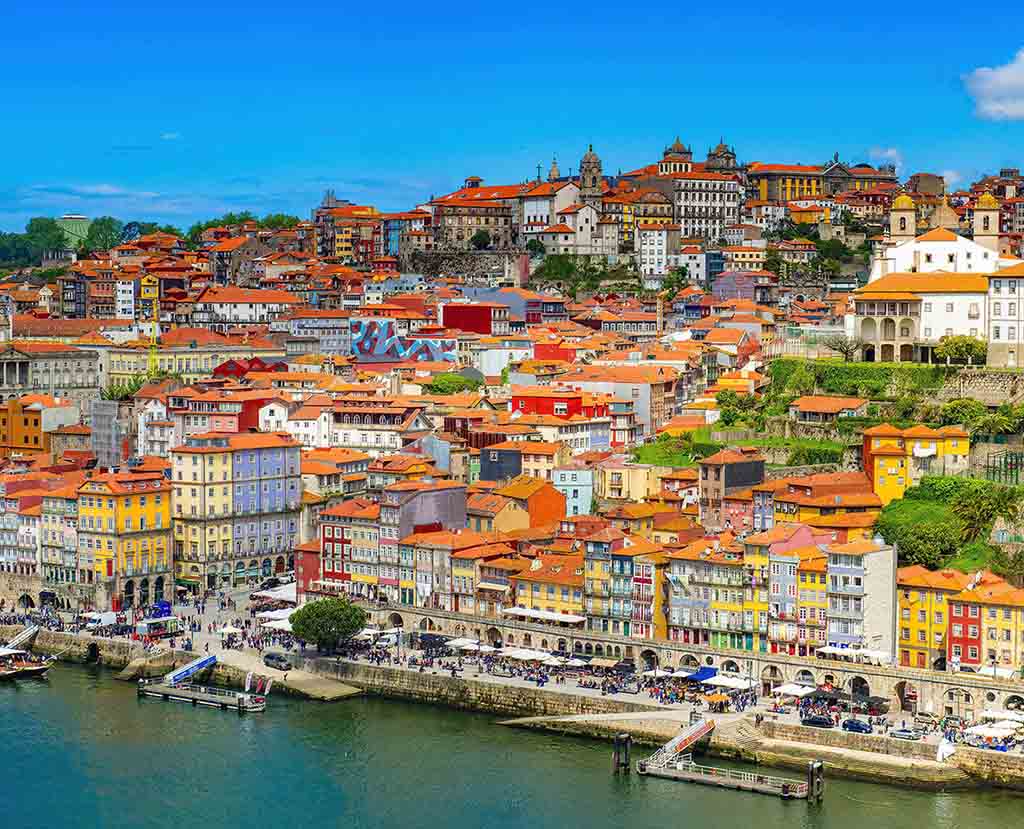
2. Hidden costs revealed: “surcharges” that cannot be ignored in Porto accommodation
Cleaning fees and service fees are superimposed
Especially when booking apartment hotels or homestays in Porto, price traps are often seen in the form of “cleaning fees are calculated separately” and “service fees are added”. The “low price” displayed on some platforms is only the basic room rate, and high additional fees are quietly added when checking out.
For example, a homestay that is displayed as 65 euros per night actually costs more than 90 euros per night after adding cleaning fees (30 euros), city tax (2 euros/person/night) and platform handling fees.
City tax is not uniform
Porto implements a city accommodation tax, but the collection standards are not uniform. Some homestays do not inform in advance on the platform and only require cash payment on site. If you don’t understand it clearly in advance, it may affect your budget.
3. The gap between pictures and reality: those “good-looking but average” properties
Misleading publicity under wide-angle lens
Some small hotels and old-fashioned hotels in Porto use professional wide-angle lenses or blurred backgrounds to enhance the look of photos, making the rooms look spacious and bright, but the actual space is small and the facilities are old. Some travelers said that they found that they did not match the pictures at all after arriving at the hotel, especially in budget accommodation in the old town.
Deviation of the rating system
Platform ratings usually rely on user reviews, but many “high-scoring” accommodations encourage guests to give high scores by giving coupons, delaying check-out, etc. Therefore, the rating should be comprehensively judged based on factors such as the time of the review, the authenticity of the review content, and the nationality of the reviewer.
4. Analysis of third-party booking platforms: Which ones are trustworthy and which ones need to be cautious?
Advantages and disadvantages of commonly used platforms
Booking.com: One of the most widely used platforms in Porto, the advantages are rich listings, flexible cancellation policies, and high authenticity of user reviews. The disadvantage is that some promotional prices must be prepaid and are non-refundable, and hidden fees need to be paid special attention to.
Airbnb: Suitable for travelers looking for local B&Bs and long-term accommodation, especially for tourists who like kitchens and independent space. However, special attention should be paid to additional cleaning fees and service fees, and the cancellation policy is usually stricter.
Agoda: Mainly for Asian travelers, but it is also gradually popularized in Europe, and often has exclusive prices for mobile terminals. Users should pay attention to comparing with the official hotel prices to prevent price misleading.
Expedia & Hotels.com: Suitable for use with air tickets and travel packages, and the member points system can be deducted from cash. The disadvantage is that some small hotels fail to update room status in time, and there is a risk of overbooking.
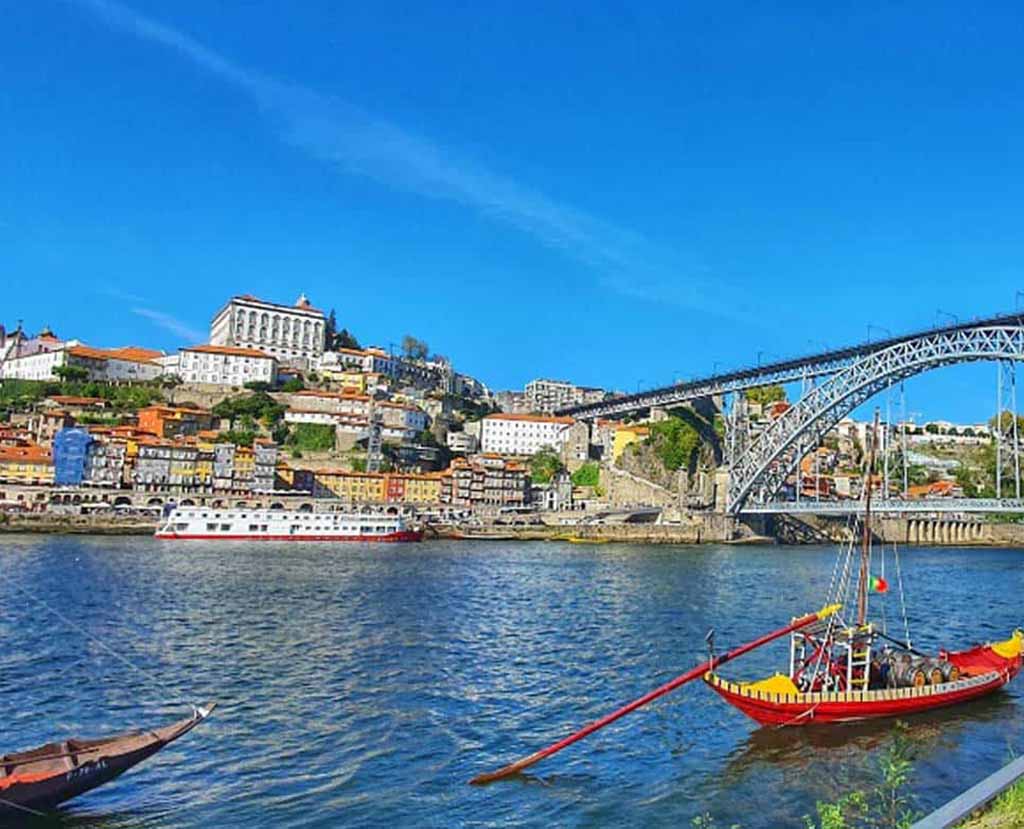
Although many people think that it is cheaper to book directly with the hotel, in Porto, some small and medium-sized hotels will centralize the prices on the platform for unified management, but the platform prices are more favorable. It is recommended to use price comparison tools (such as Trivago, Google Hotels) to check the differences between platforms before booking.
5. Practical tips: How to avoid accommodation traps?
Compare prices on multiple platforms + pay attention to historical price fluctuations
Use “browser incognito mode” or “third-party price comparison websites”, such as Trivago, Kayak, etc., to view the prices of the same room on different platforms. Some plug-ins such as Honey or Travel Arrow can also prompt historical price changes to determine whether the price has really dropped.
Evaluate the “time dimension” of reviews
It is recommended to check user reviews within the past 3 months first, especially focusing on keywords such as cleanliness, noise, hot water, and sound insulation to avoid encountering “experience mines” after checking in.
Make an appointment in advance VS book locally: Which is more suitable?
During the peak season (such as Easter and June Festival), you should book a room at least 2 to 3 weeks in advance; in the winter off-season, many hotels are cheaper on-site. Some travelers choose to check in after a temporary price comparison in the center of Porto, sometimes they can get a surprise price, but they also have to bear the risk of no suitable room.
6. Summary of common accommodation traps in Porto
“Last room” induces purchase
Many platforms like to use “only one room left” to create a sense of urgency, but in fact, this prompt may appear repeatedly every day. This is a common psychological marketing strategy, the purpose of which is to urge travelers to place orders quickly, but in fact, the inventory is not tight.
Low price but mandatory cleaning fee
Short-term rental platforms such as Airbnb often display low prices to attract clicks, but suddenly add high cleaning fees and service fees on the checkout page. Especially for short-term stays, the cost is very uneconomical. Be sure to check the total price details in advance.
Breakfast is not included after booking
Many travelers ignore the breakfast option and do not pay attention to whether it is “breakfast included” when booking. As a result, it is more expensive to purchase breakfast at the hotel. Some hotels even charge an additional 10 euros per person per day.
No elevator in the old town
Most of the old town buildings in Porto are elevator-free. If the room is on a high floor, it will be extremely inconvenient to carry large luggage. It is recommended to confirm the facility information before traveling.

No air conditioning and heating
Porto has a large temperature difference between day and night, hot in summer and humid in winter. Rooms without air conditioning or heating will seriously affect the accommodation experience. Be sure to verify it clearly before booking.
7. Recommended booking suggestions for different groups of people
For couples
It is recommended to choose a boutique hotel with a balcony and a river view, such as Infante Sagres or 1872 River House. When booking through Booking.com, you can choose a label with a “high couple rating” for a better stay experience.
For family travel
It is recommended to give priority to accommodation with a kitchen and apartment-style layout, such as a two-bedroom homestay in the city center booked through Airbnb, or a family suite with breakfast on Expedia to avoid travel dispersion and meal troubles.
Single backpacker
Youth hostels such as Selina Porto or Gallery Hostel are well located and reasonably priced. Booking through Hostelworld can be charged by bed, which is suitable for those with limited budget.
As the soul city of Portugal, Porto is not only a feast for the eyes and taste, but also a test of rational consumption and travel wisdom. While being intoxicated by the beautiful scenery and fine wine, if you can be aware of the accommodation and compare prices shrewdly, the journey will be more complete.
Next time you see the “super value limited time” prompt, you might as well calm down for a few seconds and do a careful comparison. Travel is not only about the scenery in front of you, but also about the clear judgment and calmness behind every consumption choice.
